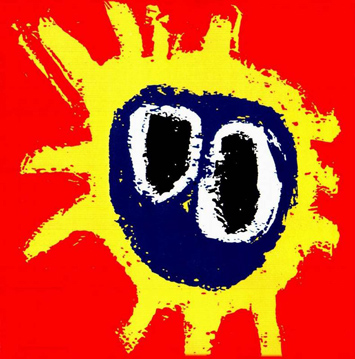
Shakyamuni-Siddhārtha Gautama
Siddhārtha Gautama (Sanskrit; Pali: Siddhāttha Gotama) was a spiritual teacher from Ancient India and the founder of Buddhism. He is universally recognized by Buddhists as the Supreme Buddha (Sammāsambuddha) of our age.
Buddhism originates in the teachings of Shakyamuni, the historical founder of Buddhism who was born in what is now Nepal some 2,500 years ago. The time of his birth and death are uncertain, a majority of 20th-century historians date his lifetime from circa 563 BCE to 483 BCE, but some more recent scholars have suggested dates around 410 or 400 BCE for his death.
This alternative chronology, however, has not yet been accepted by other historians. Gautama, also known as Sakyamuni or Shakyamuni (“sage of the Shakyas”, in Pali "śakamuṇi"), is the key figure in Buddhism, and accounts of his life, discourses, and monastic rules were summarized after his death and memorized by the sangha. Passed down by oral tradition, the Tripitaka, the collection of discourses attributed to Gautama, was committed to writing about 400 years later.
Gateway of a Buddhist stupa built by King Ashoka (268-232 B.C.) of IndiaShakyamuni was born a prince but renounced his royal upbringing to embark on a spiritual quest to understand how human suffering could be ended. Eventually, while in deep medidation, he experienced a profound awakening, or enlightenment -- a deep, encompassing understanding of life and human nature.
According to tradition, Shakyamuni then traveled throughout the Indian subcontinent for nearly 40 years sharing his enlightened wisdom, promoting peace and teaching people how to unleash the great potential of their lives. He became known as the Buddha, or "Awakened One".
His teachings were recorded as sutras and spread throughout Asia, giving rise to a number of distinct schools of Buddhism, generally characterized by an emphasis on peace and compassion.
Thursday, September 20, 2007
Awakened One
Posted by
desquire
at
3:12 PM
![]()
Subscribe to:
Post Comments (Atom)


No comments:
Post a Comment